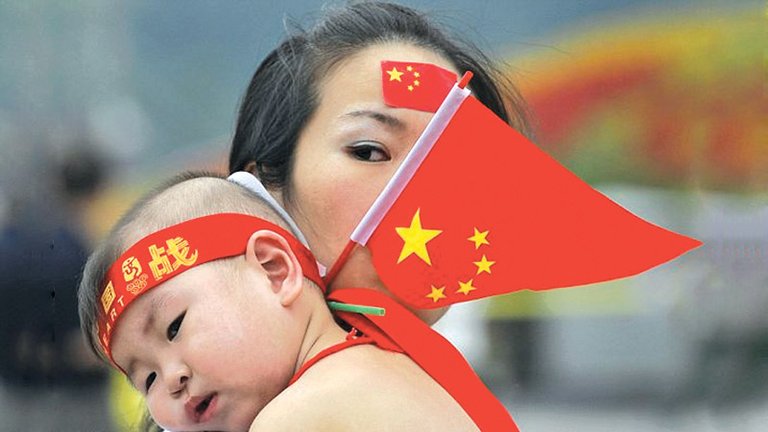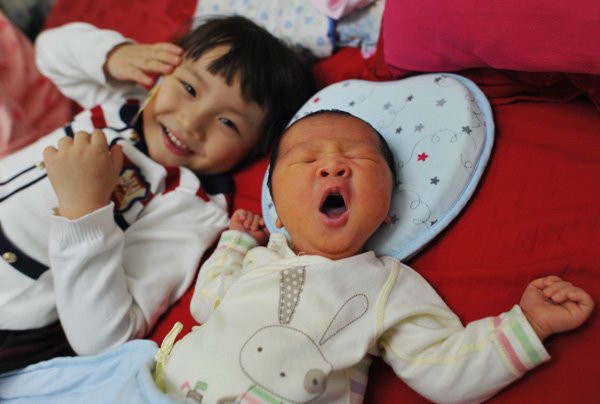With 630,000 fewer babies born in 2017 than the year before, China, the world’s most populous country, is facing a gloomy demographic situation, with many experts doubting the efficacy of the country’s two-child policy.
China’s National Bureau of Statistics (NBS) reported that a total of 17.23 million babies were born in 2017, declining from 17.86 in 2016, while the birth rate has also dropped from 12.95 percent to 12.43 percent. The unsatisfying data has fallen short of government estimates, which predicted that the country’s population would rise from 1.39 to 1.45 billion by 2030.

“The declining birth rate in 2017 indicates the end of the baby boom brought by China’s two-child policy. It’s possible that the country’s birth rate will continue to decline over the next few years,” He Yafu, a demographic researcher in China, told Beijing News.
China ended its decades-long one-child policy in 2015, allowing all families to have two children, in an effort to tackle the country’s degrading demographic issues, including a ballooning elderly population and severe gender imbalances. The new policy brought an increased birth rate of 7.9 percent in 2016; the highest this century, but since has been dropping steadily, leading to heated debate among the public and scholars.

“The dividend of the second-child policy has largely been used up in the past two years. As China’s young population continues to decline, and the level of the country’s urbanization keeps improving in recent years, fewer babies can be expected to be born in the future,” said He.
He also noted that China’s birth rate won’t be dramatically affected by the second-child policy, since many modern women are more concerned about careers than having a large family.
According to NBS, about 45 percent of the babies born in 2016 were to families who already had one child, while the age of first marriage and first childbearing have grown significantly in recent years.
The cost of raising children is also a factor that dampens young people’s willingness to have kids. According to Caixin.com, the average annual cost of raising one child ranges from 20,000 ($3,115) to 30,000 yuan in major cities, which is unbearable for many low-income families.
Experts suggest that the government implement more practical policies encouraging childbearing, including tax incentives or direct subsidies to couples.
“Childbearing subsidies should be provided to young couples as early as possible. Once the aging population becomes unbearably large, it will be too late to boost the birth rate,” Liang Jianzhang, a professor at Peking University, told Caixin.com.
Hi! I am a robot. I just upvoted you! I found similar content that readers might be interested in:
http://en.people.cn/n3/2018/0119/c90000-9317511.html